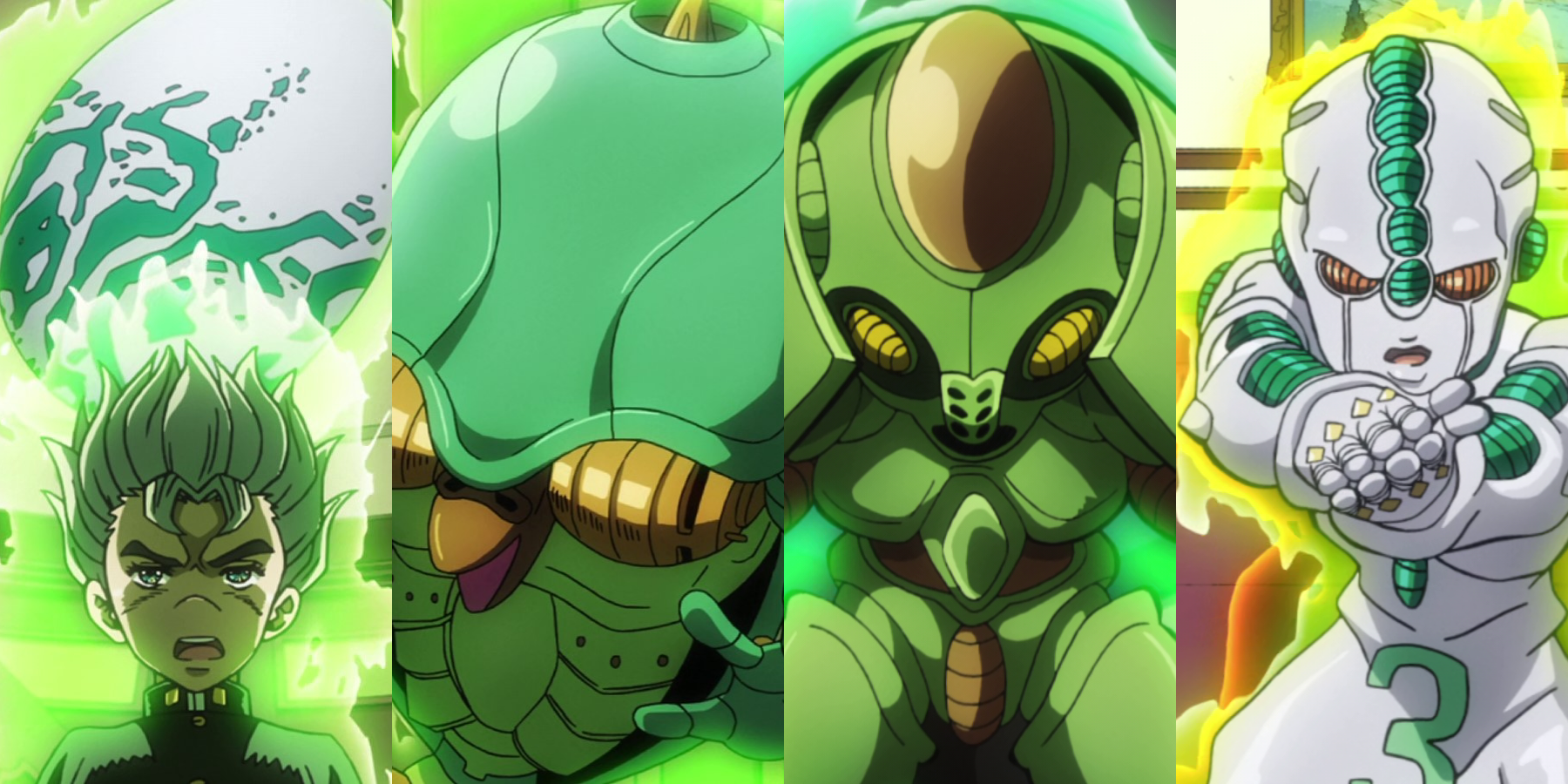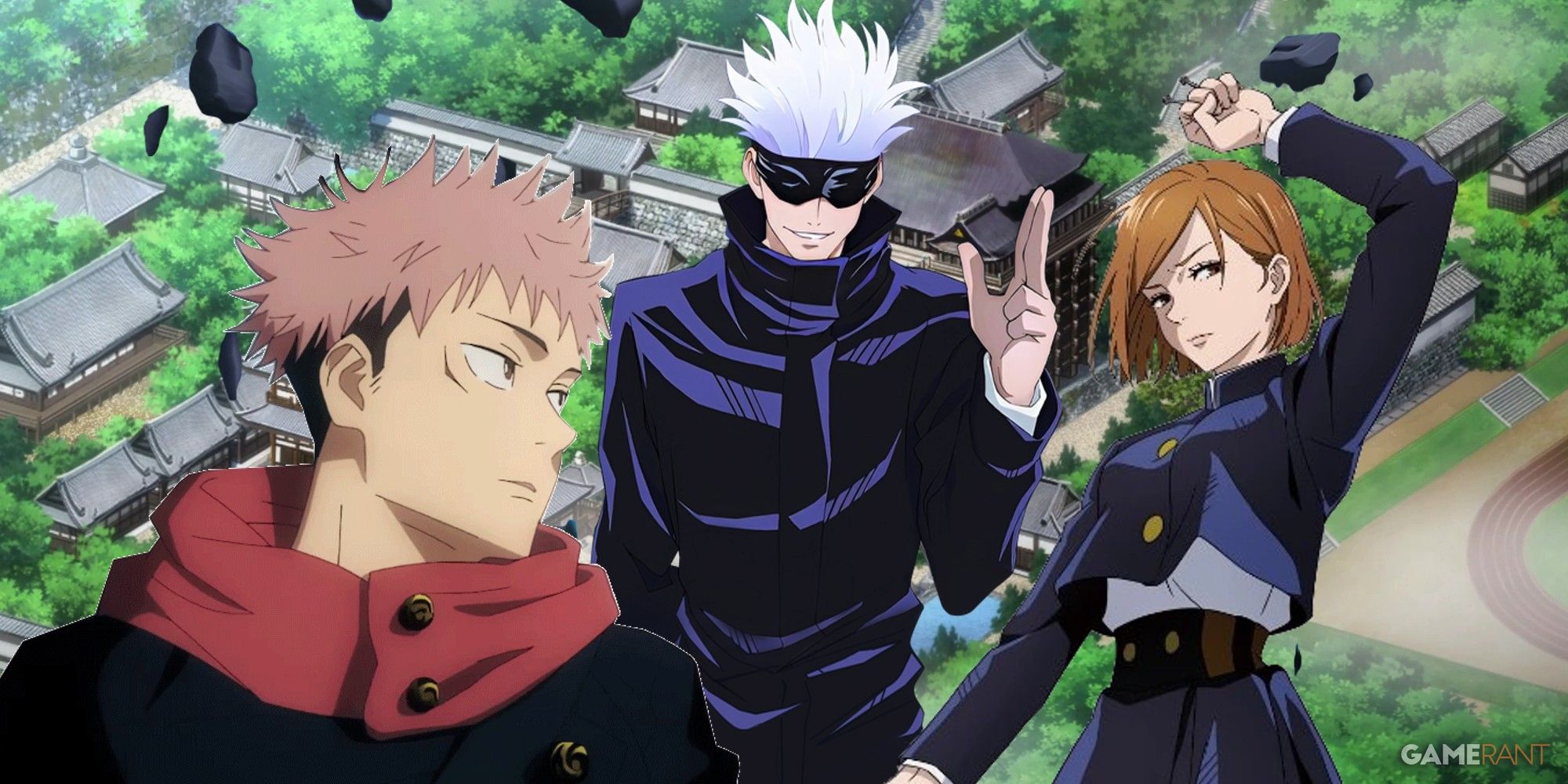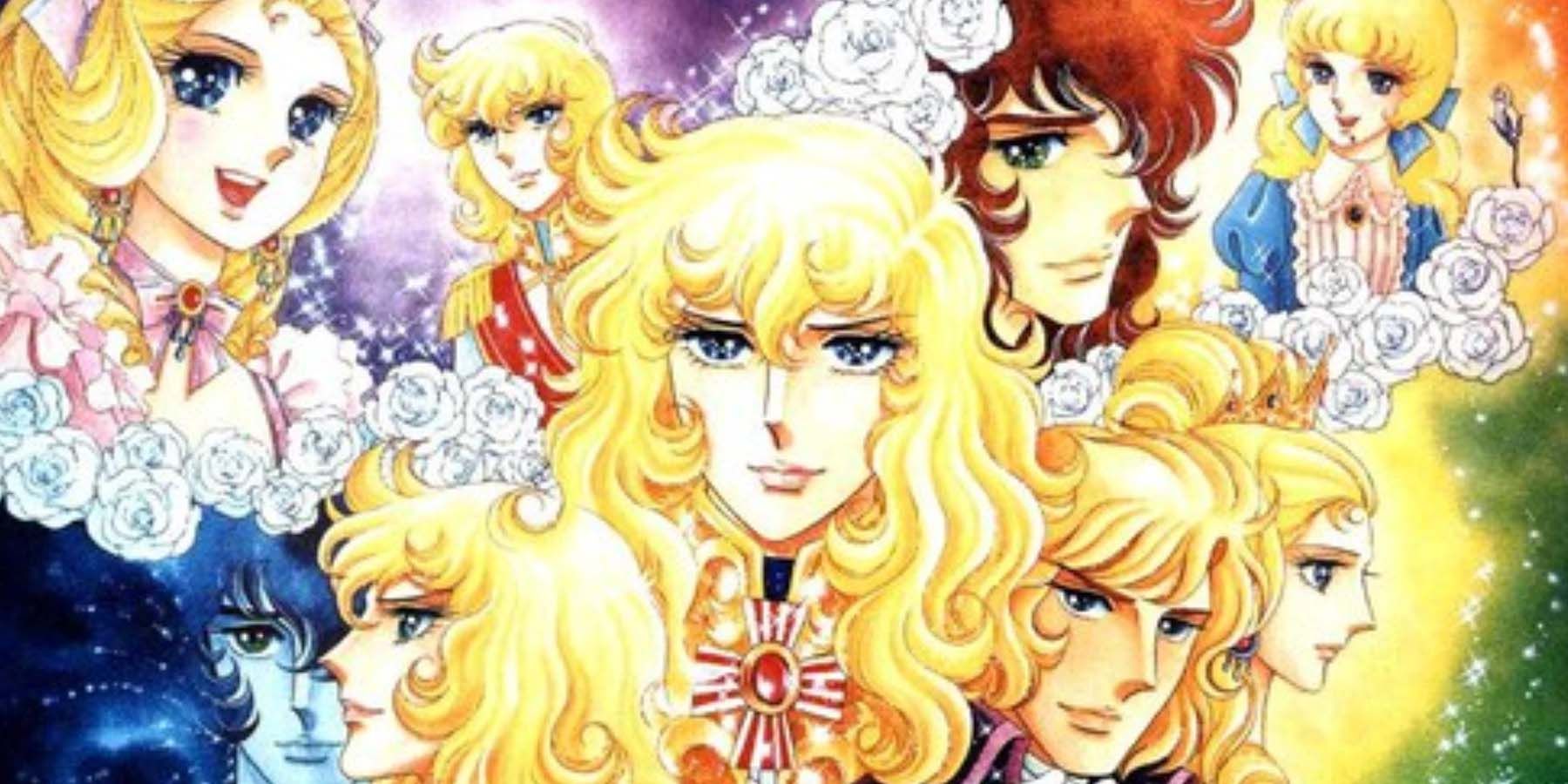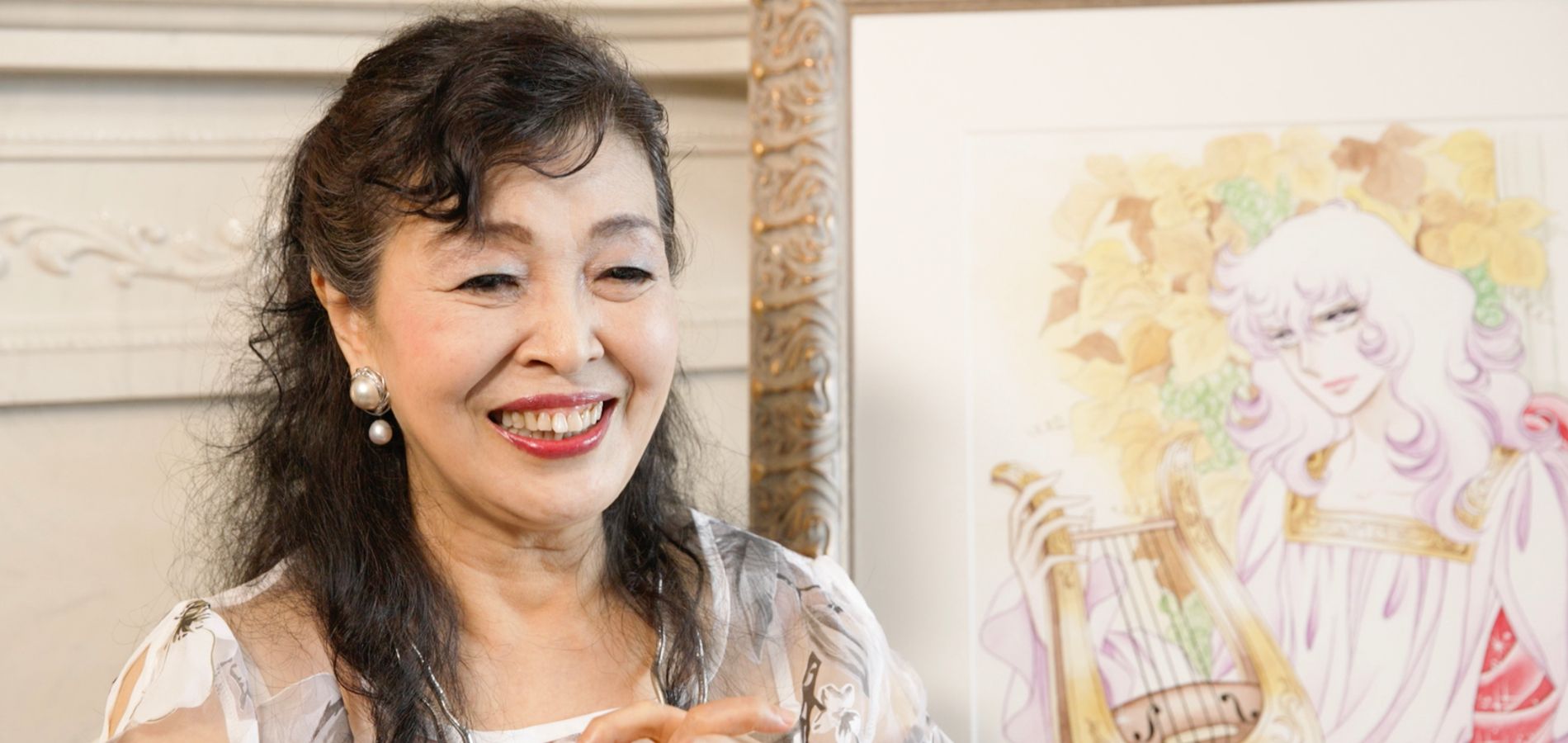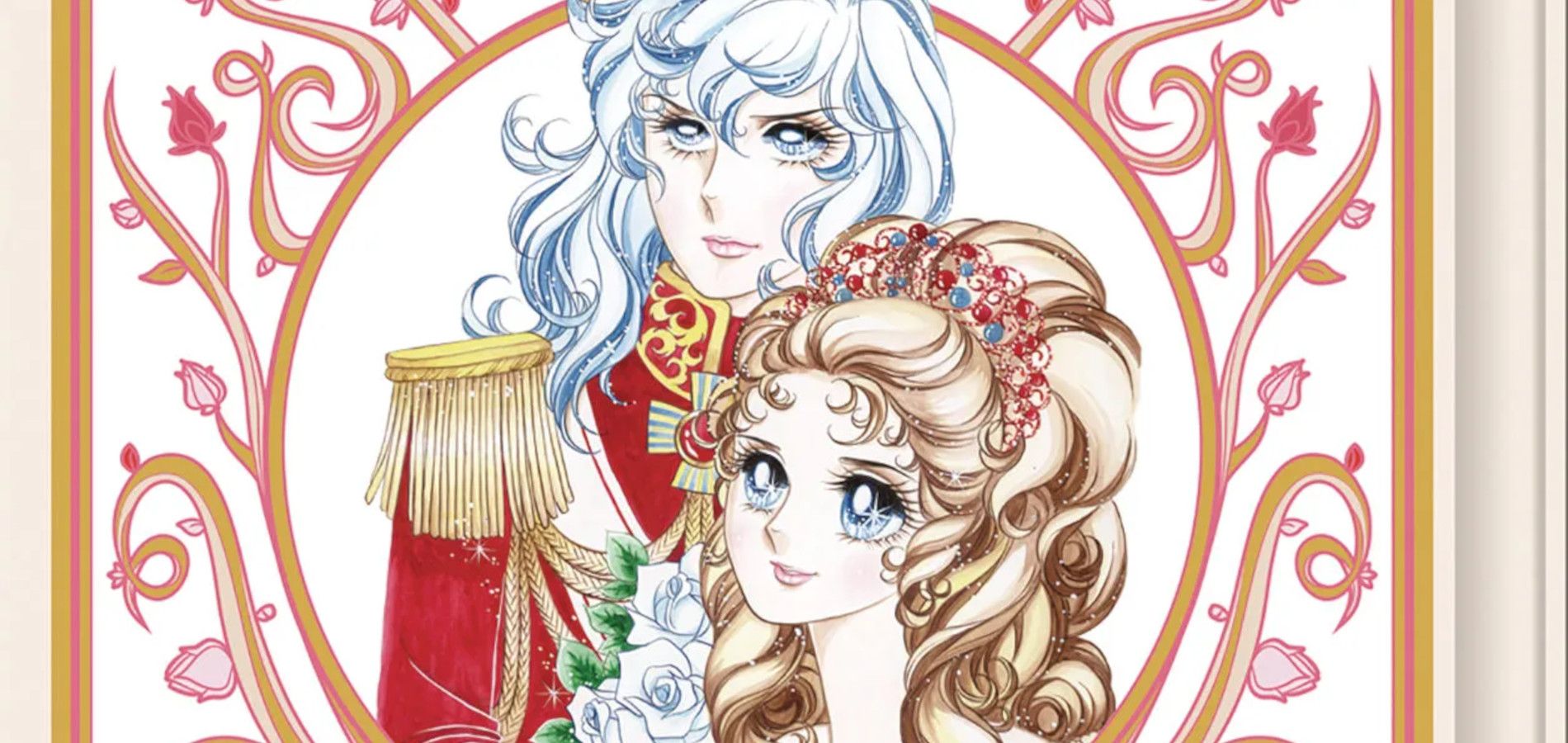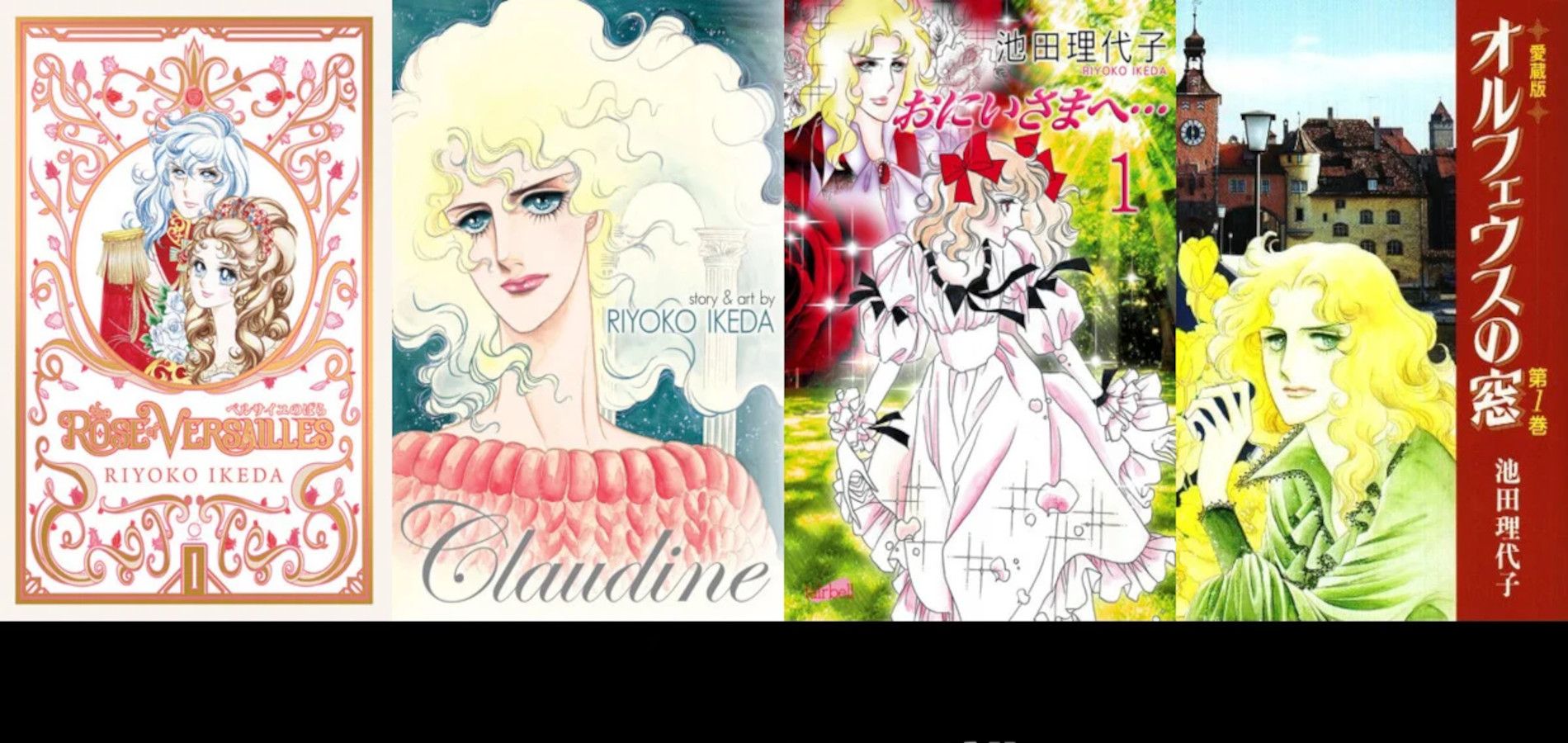Highlights
- Riyoko Ikeda is a legendary Japanese manga artist known for her works in the shōjo genre, but her works remain largely unpublished outside of Japan.
- One of her notable works, Claudine...!, is a groundbreaking manga featuring a transgender protagonist, addressing complex social topics with sensitivity and depth.
- Despite the success of her works like The Rose of Versailles, Ikeda's reputation for being hands-on and difficult to work with has made it challenging for publishers to license and translate her other works.
Much like how the American comic's industry has notable creators like Stan Lee, Bob Kane, and Jeff Smith, the Japanese manga industry has its own legends to be proud of. If you've been in this hobby long enough you have likely heard of names like Osamu Tezuka, Rumiko Takahasi, and Akira Toriyama, as people like these have created some of the greatest manga works the world has ever read, and their works are enjoyed worldwide to this day. Yet there is one artist who is considered as equally important as the names listed above.
The only difference is, her works are largely unpublished in many countries. This is despite the fact that her works are considered classics in Japan (and many of them have been honored in France for bringing cultural awareness to their country). Who is this person, what are her works, and why do many of them remain unpublished outside of Japan?
Who is Riyoko Ikeda?
Riyoko Ikeda is a Japanese manga artist and singer who was born on December 18, 1947. She's best known for her works in the shōjo manga genre. As with most artists, Ikeda had a love of art at an early age, which became evident early in her life. She made her debut in the manga world in the late 1960s. She soon began establishing herself with various works that were serialized in popular shōjo manga magazines.
One of her notable early works was Claudine...!, a tragic story that delved into issues of gender identity and societal constraints. It was one of the very first manga to feature a transgender protagonist (something that is still rare to find even in modern day manga and comics). Though not exactly a huge seller, it did develop a cult following at the time, and even at this early stage in her career, Ikeda showed a propensity for addressing complex social topics with sensitivity and depth. This was enough of a promising start to encourage her to continue pursuing a career as a mangaka. She would write some more short stories before writing what would not only become her biggest hit to date but one of the essential classics in manga and anime: The Rose of Versailles.
What is The Rose of Versailles?
The Rose of Versailles (Versailles no Bara in Japanese) is a seminal shōjo manga that is set against the backdrop of the events leading up to the French Revolution. The story interweaves the life of Marie Antoinette with the fictional narrative of Oscar François de Jarjayes, a young woman raised as a man by her father to serve in the military. Oscar becomes the captain of the Palace Guards, responsible for protecting Marie Antoinette, and the series delves deeply into their personal challenges, political intrigues, romances, and the historical events surrounding the French aristocracy.
The narrative stands out for its portrayal of Oscar, who (as with her previous work Claudine...!) challenges traditional gender roles, making the series groundbreaking for its time. The manga blends romantic drama with actual historical events, offering both emotional depth and a captivating history lesson. Its significant impact on the manga world has led to various adaptations, including a 1970s anime series and theatrical performances by the all-female Takarazuka Revue in Japan.
Thanks to the success of The Rose of Versailles, Ikeda's career would skyrocket, and her future works would become anticipated events in the same way Stephen King books are in America (with one of her future mangas - Window of Orpheus [Orpheus no Mado] - also becoming a huge hit). Considering all of this, you would think her works would be more readily available in America. This is not how things worked out though.
Her Works in America
While Ikeda may have found success as a manga artist, if you really read her work you can sense that being a strong, independent woman was a major theme in all her works. Her challenging of gender norms wasn't even about sexuality per se, but about how living in a society that propped men up to be more important than women, ignoring the fact that women were just as capable of being successful and self-made as men were.
It is no surprise then that after she achieved considerable success of her own, she would not only want to grow her success but expand her horizons. Beyond her manga work, Ikeda pursued a career in music, where she briefly became a classical singer and performed in various concerts in the 80s. She would major in philosophy. She is (perhaps unsurprisingly) active in the fashion community and has contributed artwork and articles to fashion magazines.
Refusing to abandon her previous manga, she was also involved in overseeing adaptations of her works in other mediums such as the Takarazuka Revue musical adaptations of The Rose of Versailles. The all-female Takarazuka Revue's presentations are particularly renowned for their grandeur and faithful adaptations of the manga, and it's likely because of Ikeda's heavy involvement with the productions. It is this heavy hands-on approach that tends to be the problem though.
As a largely self-made woman, Ikeda is very protective of her works, and doesn't let anyone have them without her approving of how her works will be presented. While The Rose of Versailles is considered enough of a classic that both the anime and manga were brought over to the states, they were costly licenses and the series never caught on in a way to justify those expenses. Seven Seas Entertainment made an attempt to develop a relationship with Ikeda, yet the results were not as hoped.
They acquired Claudine...! for release in America (since it was a one volume series, it sounded like a good launching pad), yet the process of bringing it over was reportedly a challenging one, and Ikeda's hands-on work ethic made the contract negotiations take longer than what would normally happen. Unsurprisingly, Claudine...! wasn't exactly a New York Times best-selling title, and considering how difficult it was to get this single-volume book licensed for not much reward, Ikdea gained a reputation of being more trouble to work with than was worth it.
So while manga fans would love if many of her other works were licensed and translated, it appears the authors' reputation precedes her and the couple of things we did get were not big enough moneymakers to encourage other publishers to attempt to get more. Which is a shame, because as far as manga artists go, the works of Riyoko Ikeda are especially iconic and import to read in understanding manga as an art form.
The Rose of Versailles can be streamed on Crunchyroll.
SOURCES: George J. Horvath (former ANN writer), Interview with Riyoko Ikeda, Anime News Network


